Majestic Journey Through Time Islamic Cairo History

Table of Contents
- Introduction
- The Origins of Islamic Cairo
- Fatimid Dynasty: A New Era
- Ayyubid and Mamluk Influence Islamic
- Islamic Era Architectural Wonders
- The Function of Al-Azhar University
- Ottoman Domination and Architectural Renaissance
- The Effects of the French Control
- Contemporary Advancements and Conservation Initiatives
- The Cultural Significance of Islamic Cairo Today
- Conclusion
- FAQs
Introduction
Islamic Cairo History, a historic gem nestled in the heart of Egypt’s bustling capital, is a testament to centuries of rich cultural, architectural, and spiritual evolution. This ancient quarter, known for its intricate mosques, bustling bazaars, and Islamic Cairo History, iconic minarets, tells the story of Cairo’s transformation under various Islamic dynasties. This article delves into the fascinating history of Islamic Cairo, highlighting its founding, architectural developments, and cultural significance Islamic Cairo History Islamic Cairo History.
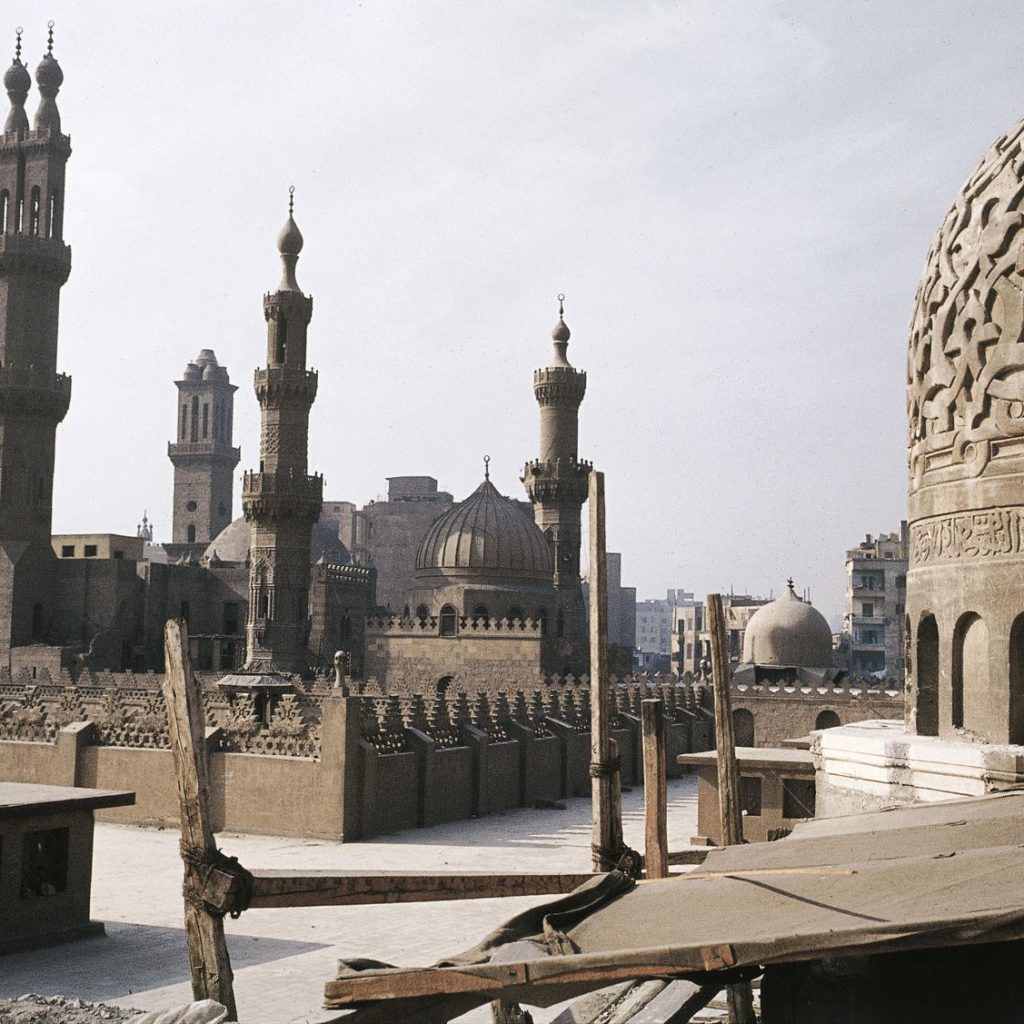
1. The Origins of Islamic Cairo
The foundation of Islamic Cairo History, dates back to the 10th century when the Fatimid dynasty, hailing from Tunisia, established the city of Al-Qahira (Cairo) in 969 AD. This strategic location on the eastern bank of the Nile was chosen for its defensible position and proximity to existing trade routes. Cairo quickly became the center of Islamic culture and administration, a role it continues to play to this day.
2. Fatimid Dynasty: A New Era
Under the Fatimid Caliphate, Islamic Cairo flourished as a hub of learning and culture. The Fatimids, who followed the Shia branch of Islam, established numerous educational institutions and libraries. They constructed the Al-Azhar Mosque, which would later become one Contemporary Advancements and Conservation Initiatives The Fatimid era marked the beginning of Cairo’s architectural and cultural renaissance.
3. Ayyubid and Mamluk Influence
Following the Fatimids, the Ayyubid dynasty, led by Salah ad-Din (Saladin), took control of Cairo in the 12th century. The Ayyubids fortified the city, building the famous Citadel of Cairo to protect against Crusader attacks. The subsequent Mamluk period, from the 13th to the 16th centuries, saw a proliferation of grand mosques, madrassas (Islamic schools), and mausoleums. The Mamluks’ architectural legacy is evident in the intricate stonework and towering minarets that define Islamic Cairo History, skyline.
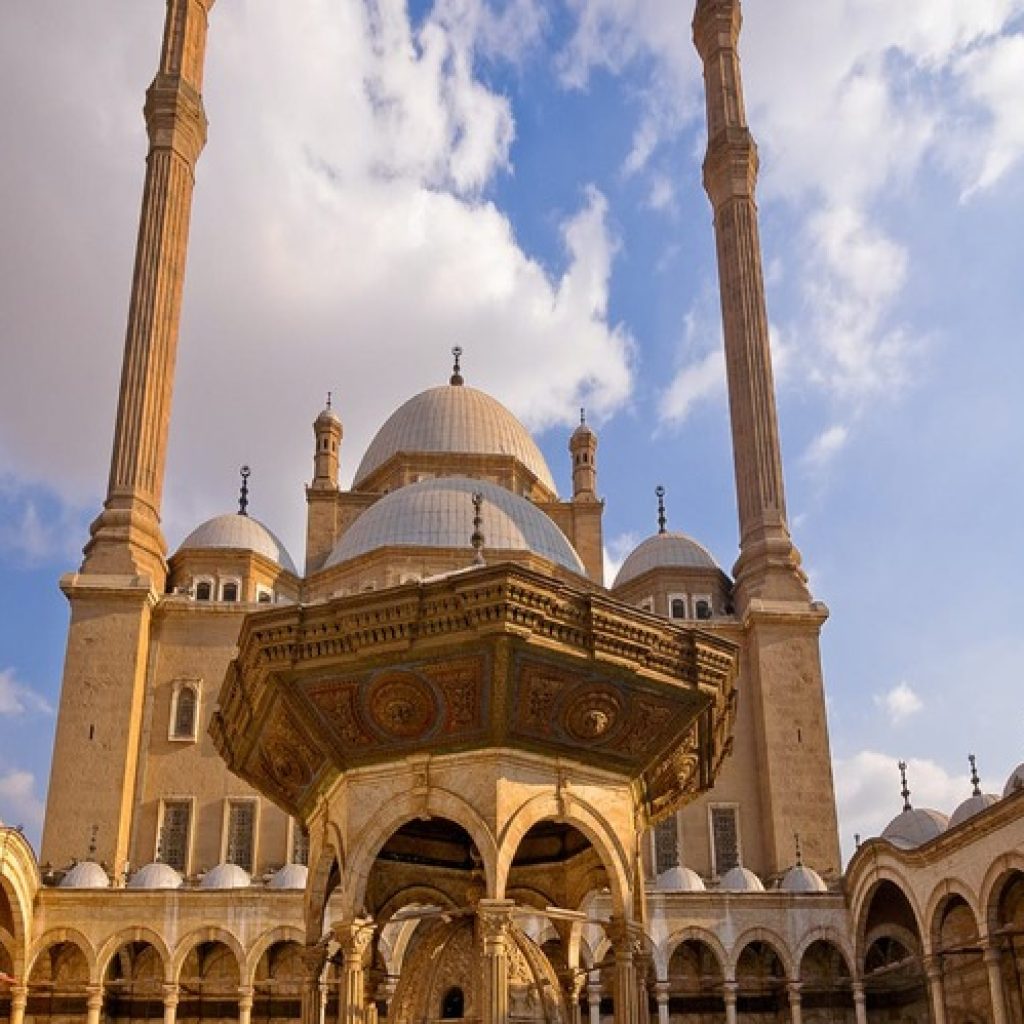
4. Islamic Era Architectural Wonders
Islamic Cairo History, is renowned for its stunning architectural heritage, characterized by elaborate designs and artistic mastery. The Sultan Hassan Mosque, with its soaring minaret and massive dome, stands as a prime example of Mamluk architecture. The Al-Azhar Mosque, built during the Fatimid era, remains a symbol of Islamic scholarship. These structures, along with countless others, showcase the blend of functional design and aesthetic beauty that defines Islamic architecture Islamic Cairo History.
5. The Function of Al-Azhar University
Founded in 970 AD, Al-Azhar University ranks among the oldest continuously running universities globally. It has played a pivotal role in the dissemination of Islamic knowledge and jurisprudence. Throughout its history, Al-Azhar has attracted scholars from across the Muslim world, making Cairo a focal point for Islamic learning. Today, it continues to influence Islamic thought and education on a global scale.
6. Ottoman Domination and Architectural Renaissance
The Ottoman Empire’s conquest of Cairo in 1517 brought new Islamic Cairo History, architectural styles and cultural influences. The Ottomans constructed several significant buildings, including the Muhammad Ali Mosque, which dominates the skyline of the Citadel. The blend of Ottoman and Mamluk architectural elements during this period created a unique and enduring aesthetic in Islamic Cairo.
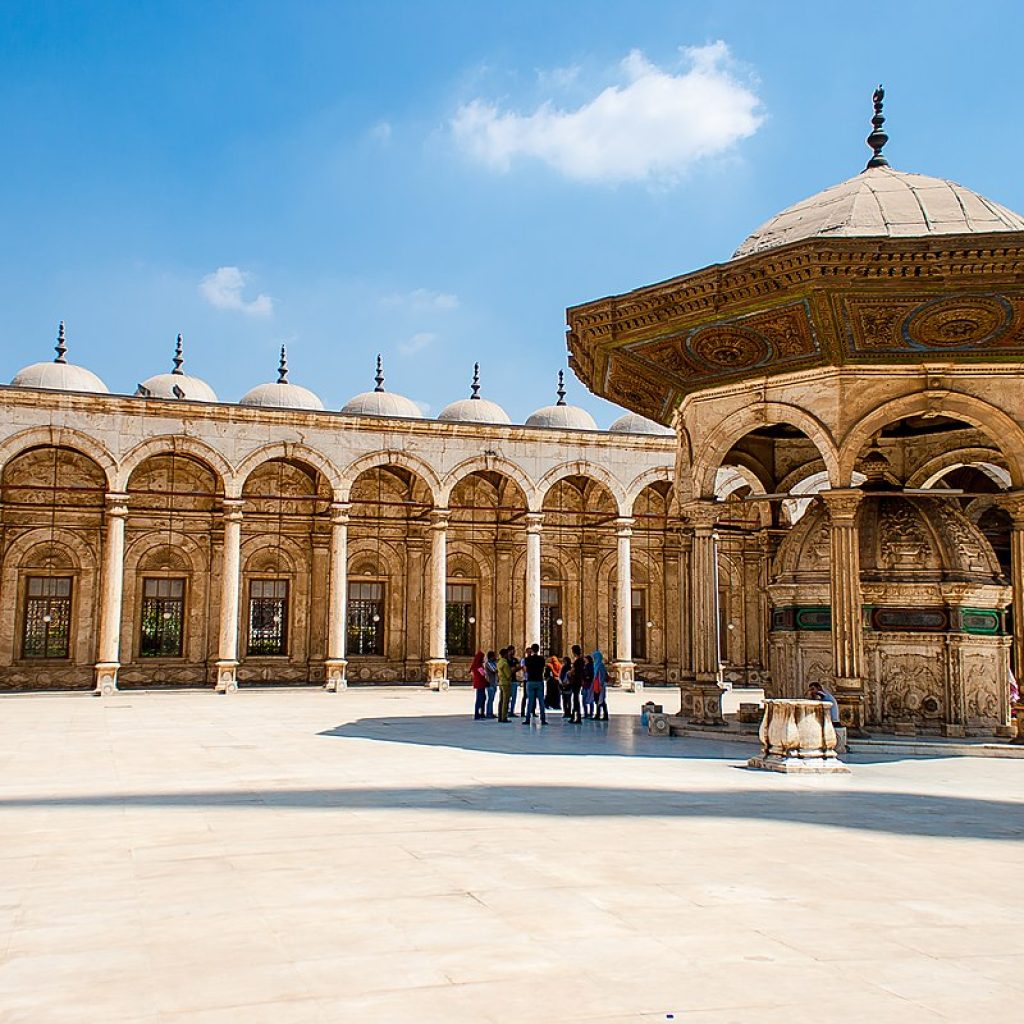
7. The Effects of the French Control
The French occupation of Egypt from 1798 to 1801, led by Napoleon Bonaparte, had a profound impact on Cairo’s development. Although short-lived, the occupation introduced modern European ideas and technology to the city. This period also saw the beginning of systematic archaeological exploration, which uncovered many of Cairo’s ancient Islamic treasures.
8. Contemporary Advancements and Conservation Initiatives
In the modern era, Islamic Cairo has faced challenges related to urbanization and population growth. Efforts to preserve its historic sites have intensified, with organizations such as UNESCO recognizing parts of Islamic Cairo as World Heritage Sites. Restoration projects aim to protect the architectural integrity and cultural heritage of this historic area, ensuring that future generations can appreciate its splendor.
9. The Cultural Significance of Islamic Cairo Today
Today, Islamic Cairo remains a vibrant and culturally rich area, attracting tourists, scholars, and pilgrims from around the world. Its bustling markets, such as Khan El Khalili, offer a glimpse into the traditional craftsmanship and commerce that have thrived here for centuries. The area’s historical mosques and monuments continue to serve as places of worship and cultural identity for Cairo’s residents.
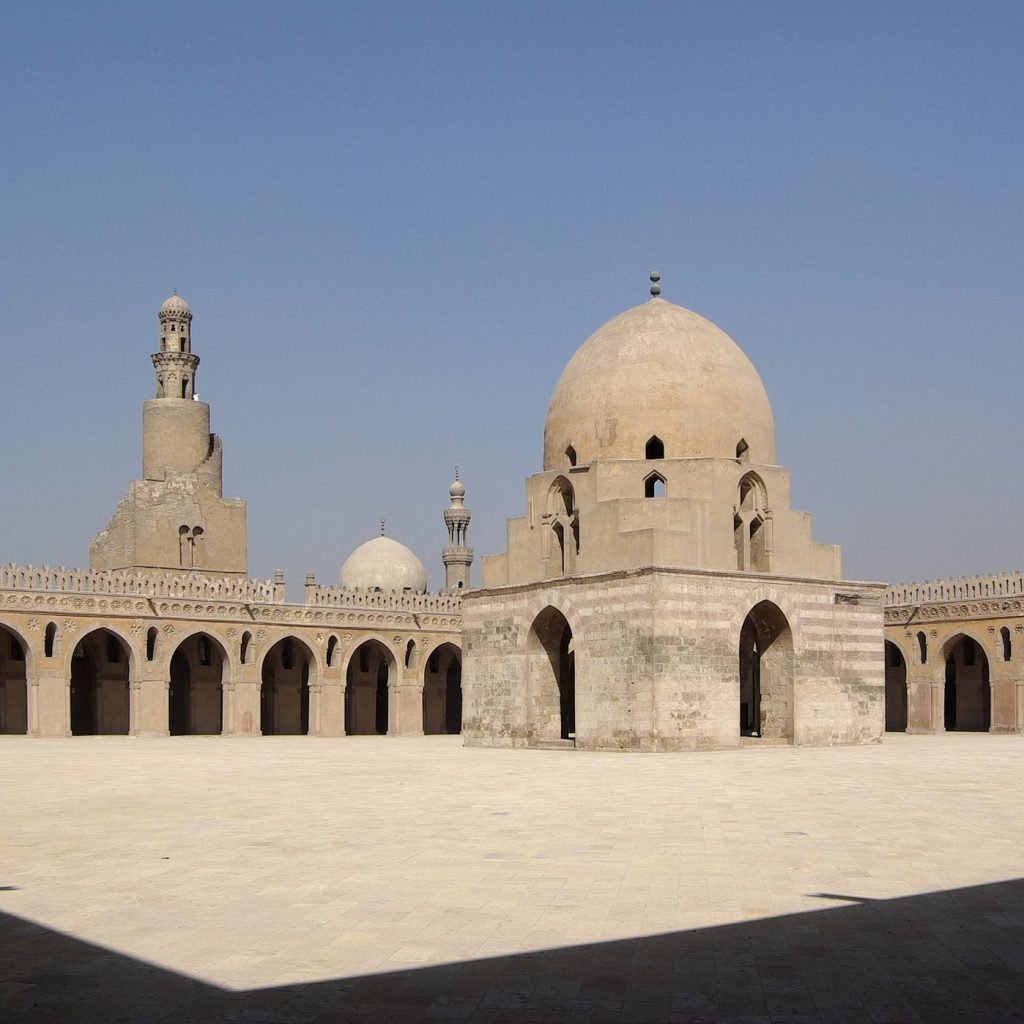
Conclusion
The history of Islamic Cairo History, is a tapestry woven with threads of architectural brilliance, scholarly pursuits, and cultural evolution. From its founding by the Fatimids to its modern-day significance, Islamic Cairo stands as a testament to the enduring legacy of Islamic Cairo History, serves as a testament to the lasting heritage of Islamic civilization. As efforts to preserve its rich heritage continue, the story of Islamic Cairo will undoubtedly inspire future generations to explore and appreciate this magnificent city.
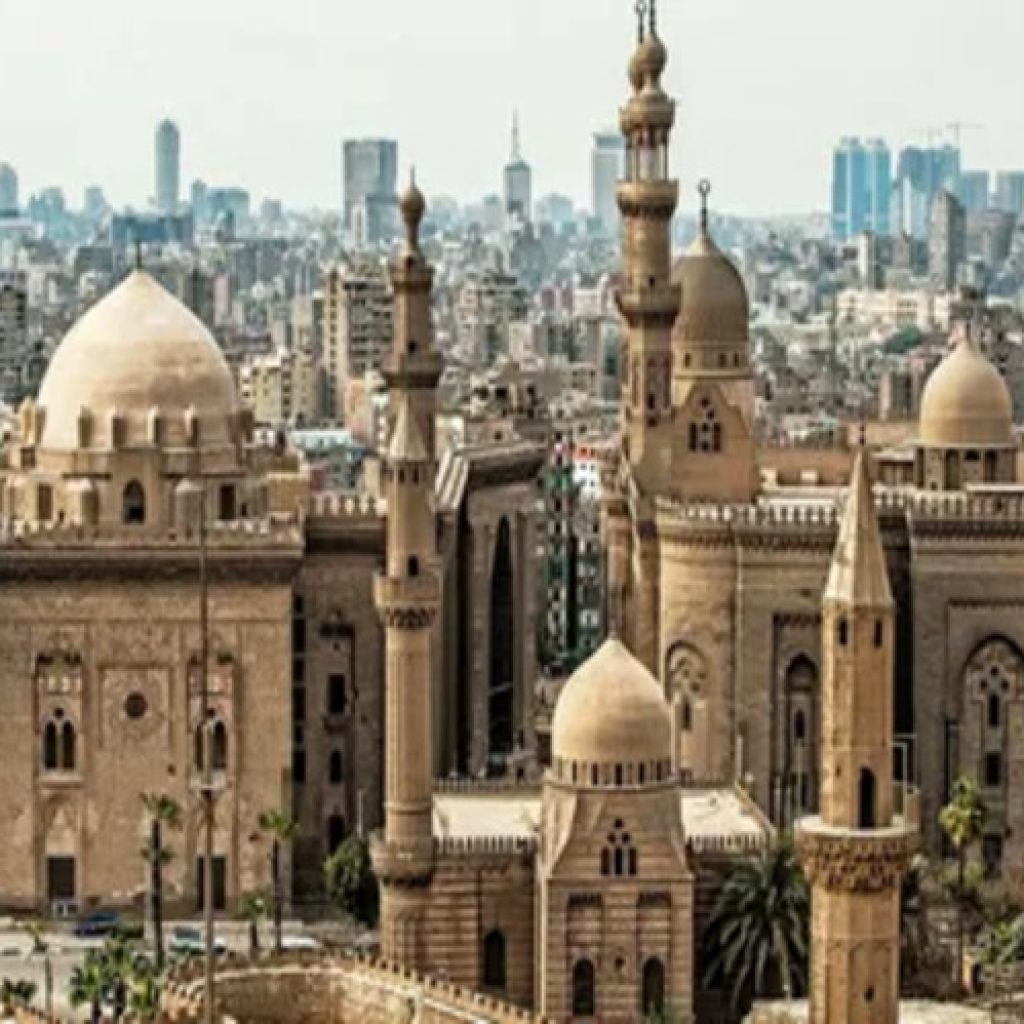
FAQs
1. What is the significance of the Fatimid dynasty in Islamic Cairo’s history?
The Fatimid dynasty founded Cairo and established it as a center of Islamic culture and learning, significantly shaping its architectural and cultural landscape.
2. What is Al-Azhar University famous for?
Al-Azhar University is one of the oldest continuously operating universities globally, renowned for its role in Islamic education and jurisprudence.
3. How did the Mamluks influence Islamic Cairo’s architecture?
The Mamluks constructed many grand mosques, madrassas, and mausoleums, leaving a lasting architectural legacy characterized by intricate designs and towering minarets.
4. What impact did the Ottoman Empire have on Islamic Cairo?
The Ottomans introduced new architectural styles and constructed significant buildings, blending Ottoman and Mamluk elements and creating a unique aesthetic.
5. How did the French occupation affect Cairo?
The French occupation introduced modern European ideas and technology and began systematic archaeological exploration, uncovering many of Cairo’s Islamic treasures.
6. What are some challenges Islamic Cairo faces today?
Islamic Cairo faces challenges related to urbanization and population growth, prompting intensified preservation efforts to protect its historic sites.
7. Why is Islamic Cairo culturally significant today?
Islamic Cairo remains a vibrant cultural hub, attracting tourists, scholars, and pilgrims, and its markets, mosques, and monuments continue to serve as centers of commerce.


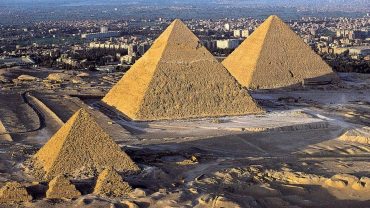
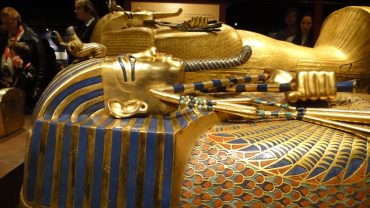

Comment (0)